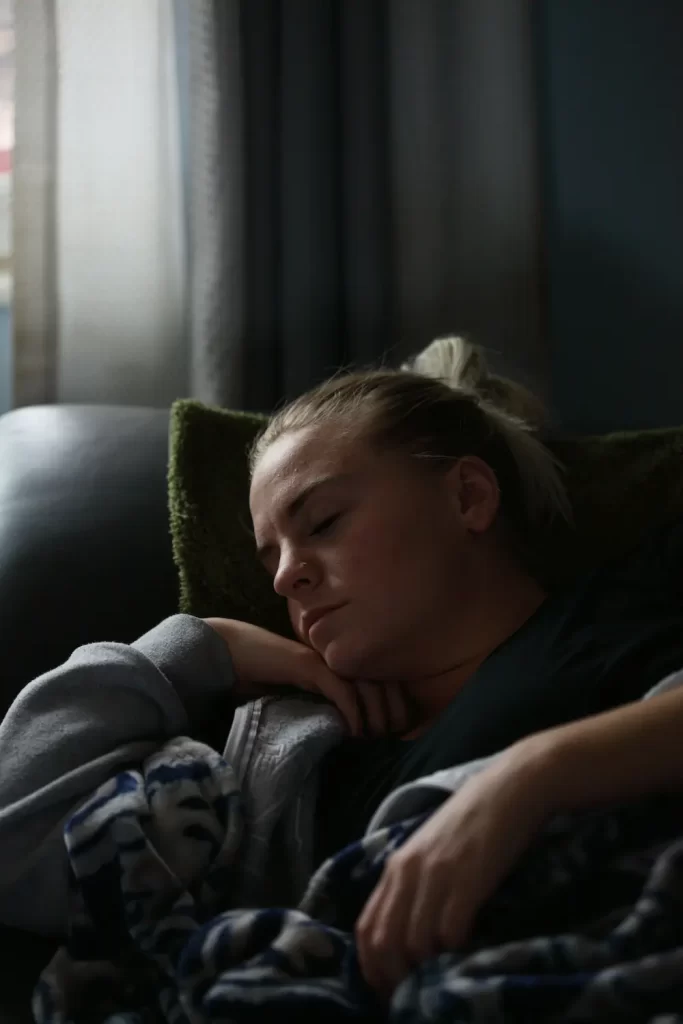Why is Linda is tired? Anemia!
Last month we introduced Fatigue. Many diseases cause Fatigue. These include anemia.
Meet Linda a 24-year-old who feels tired all the time. She has no energy and cannot get through her day without having to rest. She sometimes feels short of breath, gets lightheaded, and feels chest pain. Her friends say she looks pale.

Before she got pregnant she had been very healthy. She exercised daily and worked in janitorial services. During her 4th month of pregnancy, she began to get very tired. Lab tests which included complete blood count, glucose, liver studies and thyroid studies were obtained. These results showed she had a low red blood cell count and low hemoglobin. All other results were normal. She was diagnosed with anemia secondary to pregnancy and was prescribed prenatal vitamins with iron. She improved.
Three months after childbirth Linda’s menstruation restarted. Her periods were very heavy lasting 4-7 days with large clots. Again, she became very fatigued. Once again labs were performed and she was found to have anemia secondary to blood loss.
So, what is Anemia?
Anemia is a condition marked by a deficiency of red blood cells or of hemoglobin in the blood, resulting in pallor and weariness. The hemoglobin carried by red blood cells is what binds oxygen. Your body will not get enough oxygen if you are low in red blood cells or hemoglobin. Symptoms of anemia — like fatigue — occur because your body is not getting what it needs to function properly.
Anemia is the most common blood condition in the U.S. Anemia can be hereditary and can affect infants at birth. Women in the childbearing years are particularly susceptible to iron-deficiency anemia because of the blood loss from menstruation and the increased blood supply demands during pregnancy. Older adults also may have a greater risk of developing anemia because of poor diet and other medical conditions.
There are many types of anemia. All are very different in their causes and treatments. Iron-deficiency anemia, the most common type, is very treatable with diet changes and iron supplements. Some forms of anemia — like the mild anemia that develops during pregnancy — are even considered normal. However, some types of anemia may present lifelong health problems.
What Causes Anemia?
- Blood loss from gastrointestinal conditions like ulcers, hemorrhoids, gastritis (inflammation of the stomach), and cancer can cause anemia. Menstruation and childbirth in women, especially if menstrual bleeding is excessive and if there are multiple pregnancies
- Insufficient minerals or genetic disorders can cause anemia. Examples are: sickle cell anemia, iron-deficiency anemia, vitamin deficiency, bone marrow and stem cell problems
In a future article on the web, I will explain more about – sickle cell anemia, iron-deficiency anemia, and vitamin deficiency anemias.
But remember last month David, Eliana, and Esperanza also came to the clinic with fatigue. Who will we discuss next month.



